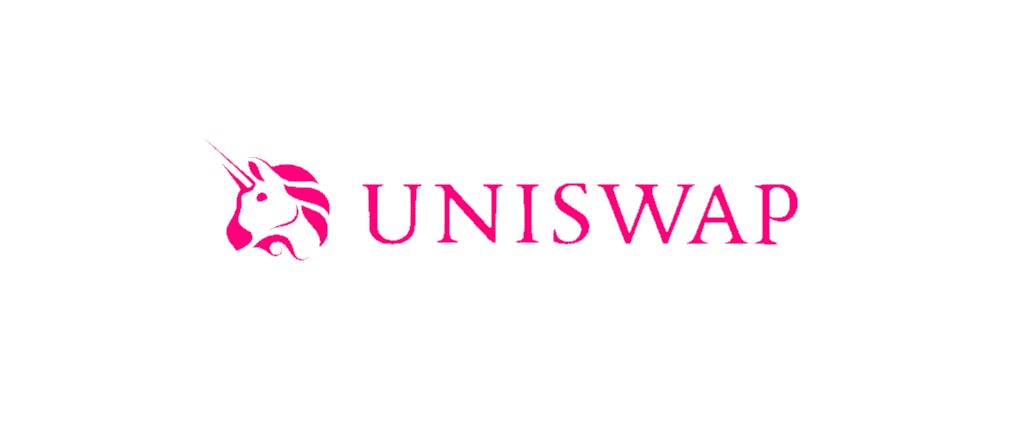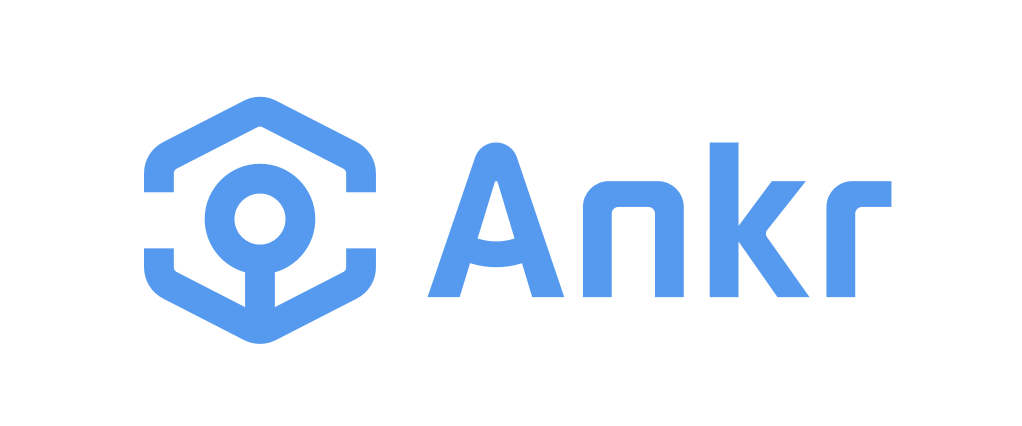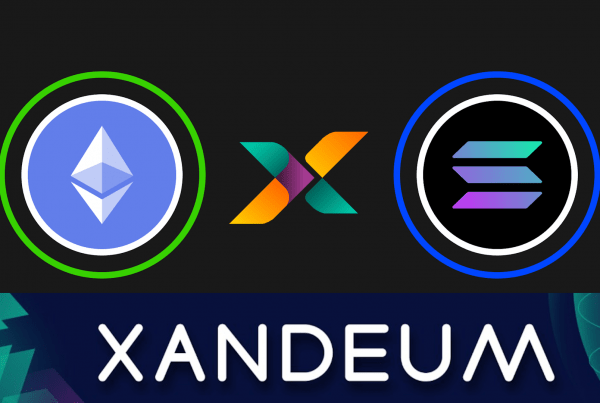As we enter the final quarter of the year, several projects are moving ahead with continued development. This week’s selection of top three projects to keep an eye on focuses heavily on decentralization. A decentralized options trading protocol, a DEX governance token and a decentralized cloud computing protocol are featured.

1. Hedget (HGET)
Hedget is a decentralised options trading protocol that allows its users to create and trade different option series by depositing some collateral. Doing so, users can hedge the price fluctuation and the risk in their collateralised lending positions. The protocol also utilizes a Layer 2 scaling solution to enable faster, cheaper, and more complex transactions.
HGET Liquidity Mine V1 to Launch on October 5
Hedget developers have recently announced the kick-off of the HGET Liquidity Mine V1 program, which aims to provide more liquidity to automated market making platforms (AMMs). Users providing liquidity to the HGET/ETH pool will be rewarded in HGET tokens with higher rewards dedicated to those who participate from early on and those who decide to deposit larger amounts of funds. Liquidity providers will enjoy a dynamic APY based on a bonding curve (260% to 110%) from the Uniswap’s liquidity mining reward pool. A reward pool of 7500 HGET with an additional 2500 HGET bonus pool was set in place to pay out the incentives. The program will start on October 5 with a 2-week locked staking period. More info about HGET Liquidity Mine V1 can be found here.

2. Uniswap (UNI)
UNI is a governance token of Uniswap, an automated liquidity protocol and currently the most popular decentralized exchange (DEX). UNI tokens are ERC-20 tokens that allow holders to decide on the future of Uniswap protocol by voting on proposals. The governance token holders also oversee the usage of funds from the community treasury, and the protocol’s fee switch.
Version 3.0.0 Release and Liquidity Mining Launch
The governance token of currently the most popular DEX continues to be a hot asset as the DEX’s popularity and trading volumes continue to rise. The team, which has recently released the Version 3.0.0 of the Uniswap protocol, is now preparing everything needed for the move from HTTP to IPFS, a peer-to-peer based hypermedia protocol. In addition, Uniswap is set to launch its UNI liquidity mining service on the Coinlist platform this month. With many more updates and upgrades to come (all information is available on Uniswap’s Github page) UNI definitely remains a must-watch or should we say a must-have token.

3. Ankr Network (ANKR)
Founded in 2017, Ankr aims to build a resource and cost-efficient Distributed Cloud Computing blockchain. The project’s proprietary cloud infrastructure connects enterprise-grade datacentres from all around the world, into a network, that makes it easy to deploy Web3 applications. The project also puts a lot of effort into providing a user-friendly infrastructure for businesses that want to build on its platform.
Ankr Released Stkr Public Testnet
With cryptocurrency staking becoming more and more popular and Ethereum 2.0 launch just around the corner, Ankr looks to expend its offering with a new service dubbed Stkr. Stkr is an Ankr-based protocol for decentralized proof-of-stake infrastructure, that will allow users to run Ethereum 2.0 staking nodes on the platform and become a hosting service provider by staking ANKR and ETH. Later on, the team plans to add support for other PoS blockchains such as Polkadot, EOS, and Binance Chain. Its micropools feature will lower the barrier to participate in staking, as also users with less than 32 ETH will be able to participate in a hosting pool. Stkr began Ankr internal testing on October 1. The testing phase, which is expected to take around 2 weeks, will be followed by a Stkr public testnet release. The team noted that we can expect the public testnet sometime in the second half of October in its ‘Countdown to Stkr’ blog post.



